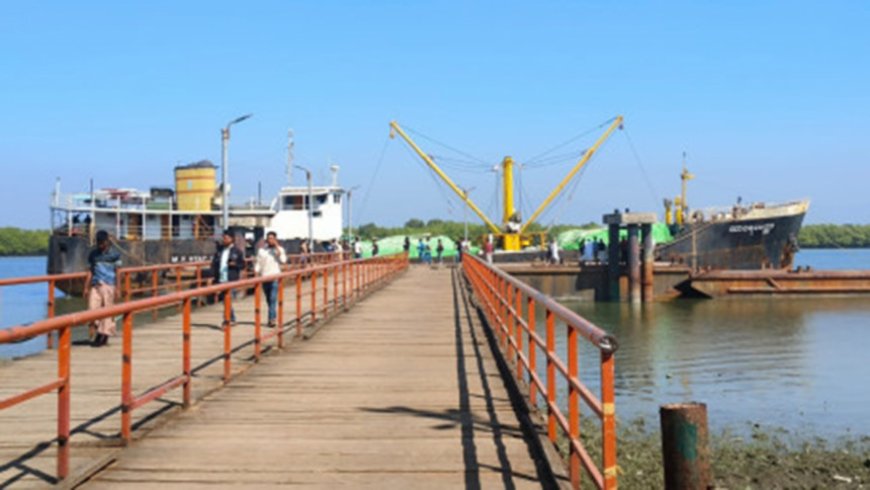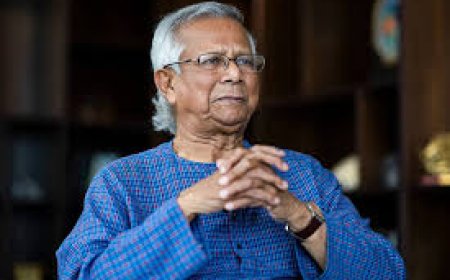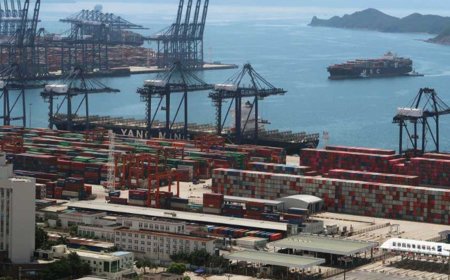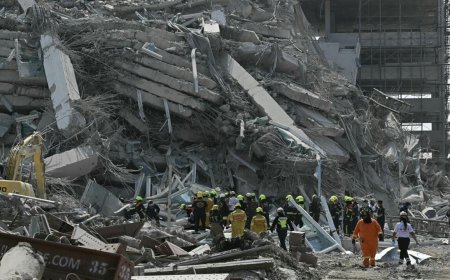The Arakan Army interferes with trade in Myanmar
Cross-border trade between Bangladesh and Myanmar via Teknaf Land Port is in turmoil as the Arakan Army, a Myanmar-based rebel group, disrupts ship movement along the Naf River estuary.

Cross-Border Trade via Teknaf Port Faces Disruption Amid Arakan Army Seizures
With cargo seizures, escalating border tensions, and declining imports and exports, traders warn that the once-bustling trade route between Bangladesh and Myanmar may soon come to a complete halt.
On January 16, the Arakan Army, a Myanmar-based rebel group, seized three cargo ships traveling from Yangon to Teknaf. While two vessels were released on January 20, one remains in their custody.
"We don't know the exact reason for the seizure," said Ehteshamul Haque Bahadur, General Secretary of the Teknaf Land Port C&F Agents Association. The rebel group, which controls much of the 270km Myanmar-Bangladesh border, has imposed an unofficial embargo on ship movement along the Naf River estuary.
Bahadur expressed deep concern over the disruptions, warning that prolonged instability could drive traders out of Teknaf. "If this situation persists, businesses here may be forced to shut down. A resolution requires collective efforts," he said.
Importer Shawkat Ali, whose goods are on the seized ship, stated that the Arakan Army is inspecting vessels in Myanmar-controlled waters. Some goods from Myanmar are now being rerouted through Chattogram Port, but the shift has significantly increased costs and shipping delays. "Transporting goods via Teknaf takes five to seven days, whereas Chattogram requires at least a month," he explained.
A businessman, speaking anonymously, suggested that the Arakan Army might be holding the remaining ship as leverage against Myanmar’s military junta, as the vessel reportedly belongs to an associate of a high-ranking military officer. "This appears to be an attempt to pressure the junta while also securing a stake in cross-border trade," he claimed.
Plummeting Trade Volumes
Jasim Uddin, General Manager of Teknaf Land Port, the country’s only private land port, highlighted a sharp decline in trade since November 2023.
"Previously, around 50 cargo ships docked daily. However, as fighting intensified along the Bangladesh-Myanmar border, this number drastically fell. Since July 2024, when clashes reached Maungdaw township, only three to five ships have arrived each month," he stated.
Port officials reported that three ships were recently stranded at Teknaf for days, unable to return to Myanmar due to Arakan Army threats.
Lt Col Ashiqur Rahman, Commanding Officer of Bangladesh Border Guard (BGB) Battalion 2 in Teknaf, said no formal complaints had been filed regarding the issue. "The incident took place in Myanmar’s waters with Myanmar-flagged vessels, so there is nothing we can do about it," he stated. However, he assured that the BGB is ensuring the security of Bangladeshi citizens along the border.
Steady Decline in Trade Figures
Trade through Teknaf Land Port has dropped significantly over the past two fiscal years, according to Teknaf Customs data.
- FY 2022-23: Bangladesh imported 1,88,999 tonnes of goods worth Tk 1,545 crore and exported 2,941 tonnes worth Tk 6.72 crore.
- FY 2023-24: Imports fell to 71,741 tonnes (Tk 808 crore), while exports plummeted to 704 tonnes (Tk 2.45 crore).
- First Six Months of FY 2024-25: Imports stood at just 11,129 tonnes worth Tk 113 crore, with exports at 636 tonnes valued at Tk 64 lakh.
The key imported goods from Myanmar include dry fish, frozen fish, betel nuts, onions, ginger, coconuts, and timber. Bangladesh primarily exports cement and potatoes to Myanmar.
A foreign ministry official, speaking anonymously, stated that Bangladesh has no direct communication with the Arakan Army and only engages formally with Myanmar’s military government. "We hope the Arakan Army will release the ship in their own interest," the official said.
Commenting on the trade decline, the official downplayed its impact, noting that Myanmar-Bangladesh trade is not particularly significant for Bangladesh’s economy.
What's Your Reaction?





















































































